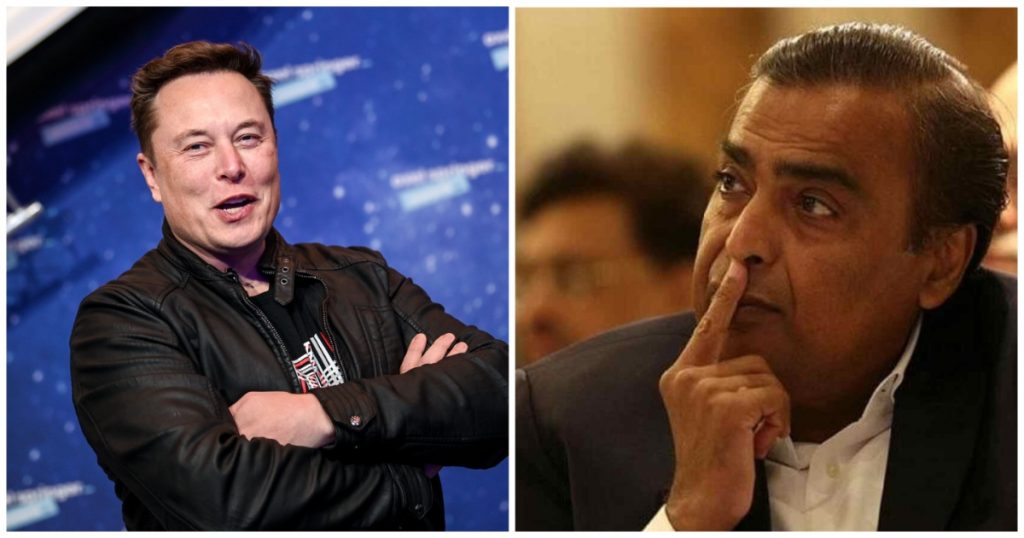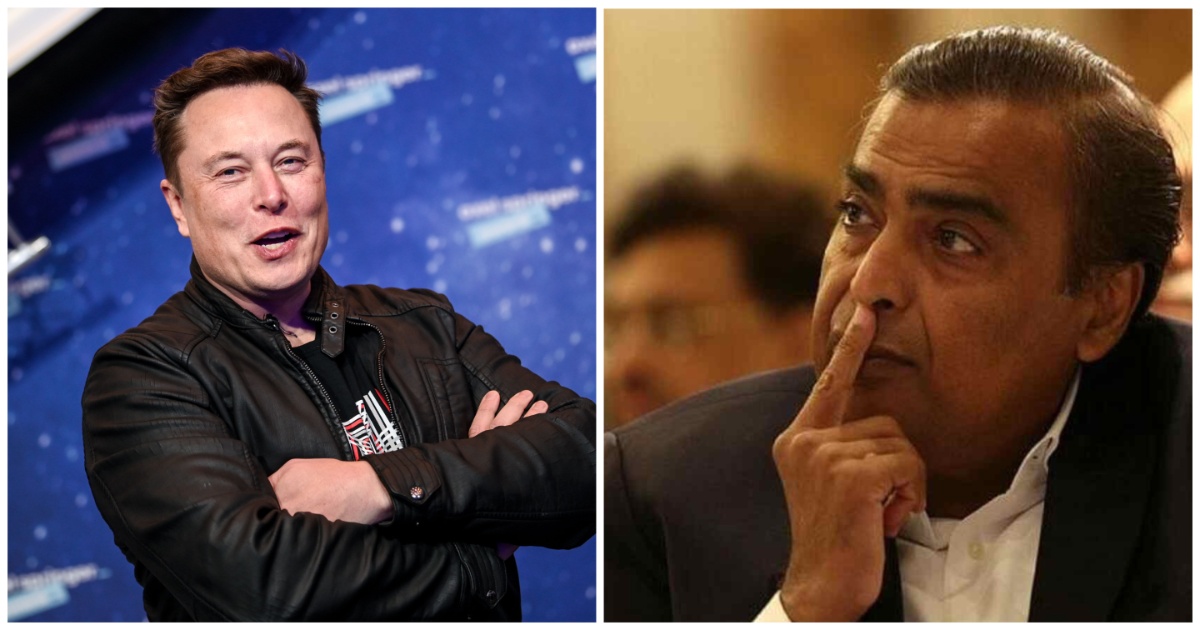Elon Musk might’ve been negotiating unsuccessfully for years to be able to bring Tesla to India, but one of his other startups could be poised to enter the Indian market.
The Telecom Bill 2023, which was tabled by Union Minister Ashwani Vaishnaw, has opened the door for the administrative allocation of spectrum for broadband services. This will be seen as a win for Elon Musk’s Starlink, Airtel’s OneWeb and Amazon’s Kuiper, all of which favoured the allocation of spectrum through this route. However, this will come as a blow for Mukesh Ambani’s Reliance, which had been actively asking for the spectrum to be auctioned instead of being allocated by the government.

There had been intense debate between satellite communication companies, TRAI and the government on how to assign spectrum for satellite communication. Spectrum can be allocated by the government for a fee, or it can be assigned through an auction. Airtel’s OneWeb had “strongly recommended” the government take the administrative allocation route and charge a fee for it “in order to promote investment and make sure competitive prices are available to the market at the end”. Musk’s Starlink had recommended that the regulatory framework impose nominal charges as spectrum use charges to ensure affordable access to services.
On the other hand, Reliance had been in favour of an auction of the spectrum. Reliance has been acquiring spectrum for both 4G and 5G technologies, and wanted a similar approach for satellite services. Reliance argued that an auction was necessary to have a level playing field — foreign satellite service providers could offer voice and data services for cheaper because they didn’t have to pay auction costs, and take away market share from traditional telecom players which had bought their spectrums through an expensive auction, and thus were forced to charge higher prices.
But there is no precedent for the auctioning of satellite spectrum anywhere in the world, which appears to be the chief reason why the Telecom Bill 2023 appears to have gone ahead with allocation of spectrum. Unlike terrestrial spectrum which is used for mobile communications, satellite spectrum has no national territorial limits and is international in character. It is, therefore, coordinated and managed by the UN agency, International Telecommunications Union (ITU), which could’ve made an India-specific auction difficult to execute.
But there have been issues with allocation of spectrum as well — in the infamous ‘2G scam’, the Supreme Court had ruled that the allocation of 2G spectrum by the Congress-led UPA government had been illegal and an arbitrary exercise of power, and had ordered the cancellation of over a 100 telecom licenses. The present government, thus, would need to ensure that the allocation of satellite spectrum is done fairly and transparently, and doesn’t lead to similar controversy.
The move, however, would be a win for Elon Musk’s Starlink, which had tried to enter the Indian market all the way back in March 2021, but had seen opposition from India’s Broadband forum which had sought to block its launch, claiming SpaceX didn’t have a license to launch its internet services in India. In October last year, SpaceX had applied for a license in India, now it appears that the allocation of the spectrum could happen in a manner that it had favoured. Mukesh Ambani had steamrolled all domestic competition with the launch of Jio, but with Elon Musk’s Starlink now poised to enter the Indian market, he might face his biggest challenge yet.
